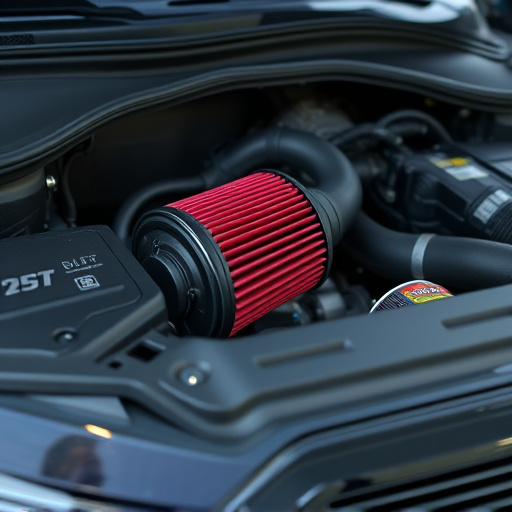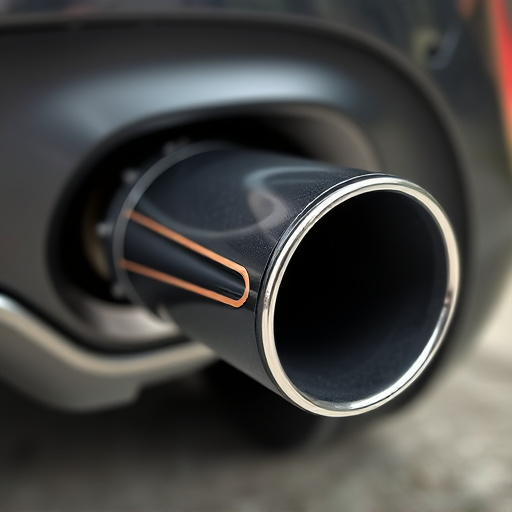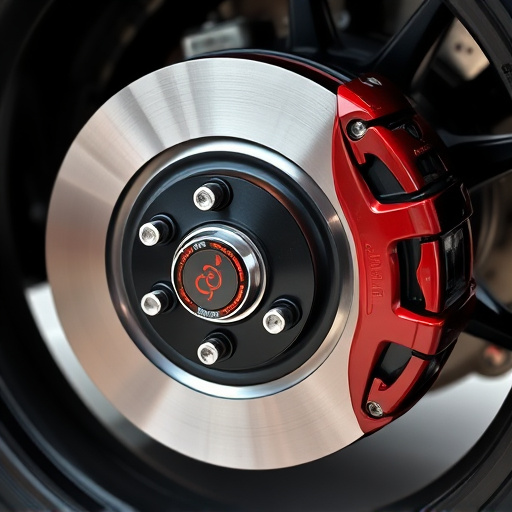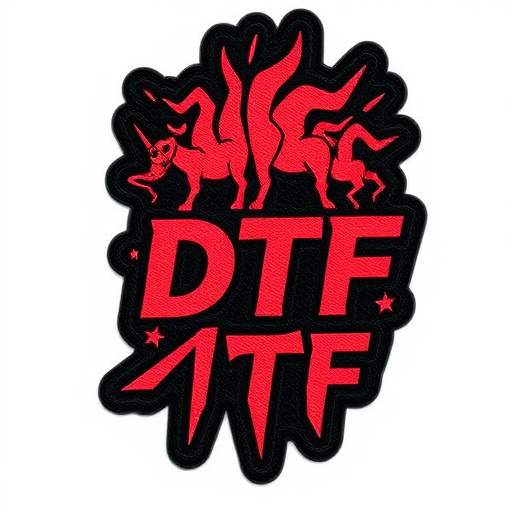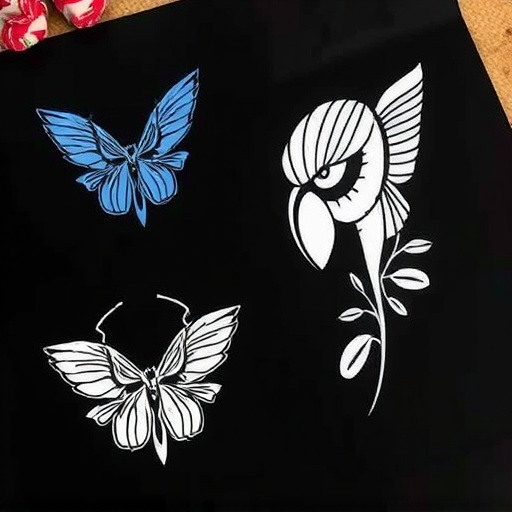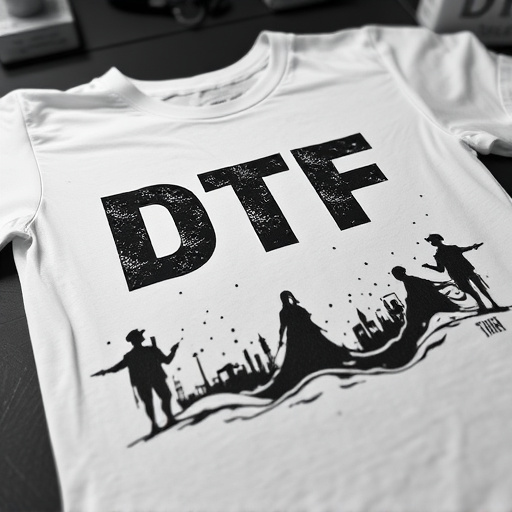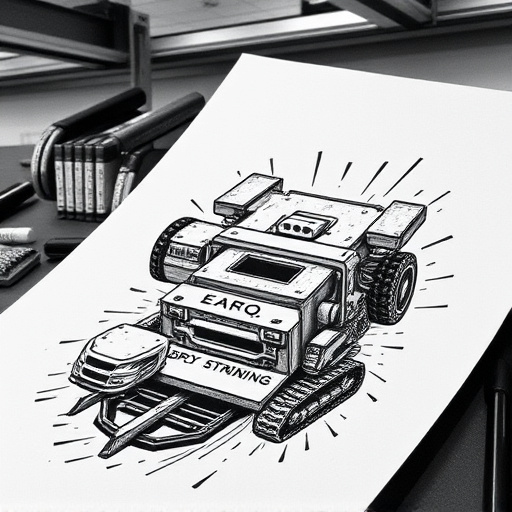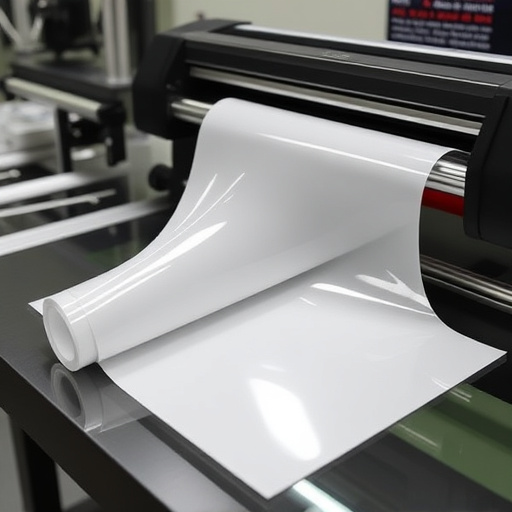DTF Custom Transfers revolutionize garment production with sustainable materials and advanced printing tech. Using recycled content, water-based inks, and efficient printers minimizes environmental impact, reduces harmful chemicals, and promotes wearer safety. This eco-friendly approach offers high-quality designs, fast turnaround times, and cost savings while prioritizing waste reduction and energy efficiency.
“Unleashing the eco-friendly potential of DTF custom transfers printing, this article delves into the sustainable materials revolutionizing the industry. From choosing eco-conscious inks to minimizing waste in production, we explore innovative practices. Discover how water-based inks play a pivotal role in reducing environmental impact, while efficient processes ensure a greener future for custom transfer manufacturing. Embrace the shift towards a more sustainable DTF printing landscape.”
- Sustainable Materials: Eco-Conscious Choices for DTF Transfers
- Water-Based Inks: Reducing Environmental Impact in Printing
- Waste Minimization: Efficient Production Processes for Custom Transfers
Sustainable Materials: Eco-Conscious Choices for DTF Transfers

When it comes to DTF Custom Transfers, the choice of sustainable materials plays a vital role in minimizing the environmental impact of the printing process. Eco-conscious manufacturers are now offering custom sheets for heat pressing designs onto garments that are made from recycled and biodegradable content, reducing the reliance on harmful chemicals and non-renewable resources. These innovative materials not only contribute to a greener production process but also ensure the safety and comfort of wearers by eliminating toxic substances that could potentially transfer to their skin.
The use of direct to film (DTF) printers further enhances the eco-friendly aspects of this technology. DTF prints eliminate the need for complicated setup processes involving multiple plates, thereby reducing waste generation. Modern DTF printers are designed with energy efficiency in mind, consuming less power compared to traditional printing methods. This not only minimizes carbon footprint but also reduces operational costs for businesses adopting these green practices. By combining sustainable materials and advanced printing technology, DTF Custom Transfers offer a compelling solution for brands aiming to create on-trend, high-quality garments while maintaining a strong commitment to environmental stewardship.
Water-Based Inks: Reducing Environmental Impact in Printing

Water-based inks are a significant advancement in the world of DTF custom transfers printing, offering a greener alternative to traditional printing methods. These eco-friendly inks are designed to minimize environmental impact by reducing the use of harmful chemicals and solvents commonly found in solvent-based inks. By adopting water-based technology, printers can achieve vibrant and long-lasting designs while significantly lowering their carbon footprint.
The shift towards water-based inks in DTF transfers has numerous benefits. Firstly, they are safer for both the printer’s health and the environment, as water is the primary carrier instead of volatile organic compounds (VOCs). This reduces air pollution and minimizes the risk of exposure to toxic chemicals. Furthermore, water-based inks often dry faster, allowing for quicker production times and efficient use of resources, which is especially advantageous in the fast-paced custom apparel industry where customers demand quick turnaround times.
Waste Minimization: Efficient Production Processes for Custom Transfers

One of the key eco-friendly aspects of DTF Custom Transfers lies in its waste minimization strategies. Efficient production processes are at the heart of this, ensuring that every step is optimized to reduce scrap material. Advanced DTF heat transfer paper technologies enable precise cutting and application, minimizing the amount of paper wasted during the printing for dark fabrics process. Modern DTF printers are designed to be highly accurate and efficient, further contributing to reduced waste.
By employing sophisticated techniques, manufacturers can create custom transfers with minimal leftover material. This not only reduces environmental impact but also translates into cost savings. The use of dtf heat transfer paper plays a pivotal role in achieving this balance between quality and sustainability, making DTF Custom Transfers a responsible choice for businesses looking to minimize their ecological footprint while delivering high-quality designs on various materials.
DTF custom transfers printing offers a sustainable alternative to traditional methods, with an emphasis on eco-friendly materials and processes. By utilizing water-based inks and efficient waste minimization techniques, this technology significantly reduces its environmental impact. As consumers become more conscious of sustainability, DTF Custom Transfers present a compelling option for businesses looking to adopt greener practices without compromising quality or creativity.




